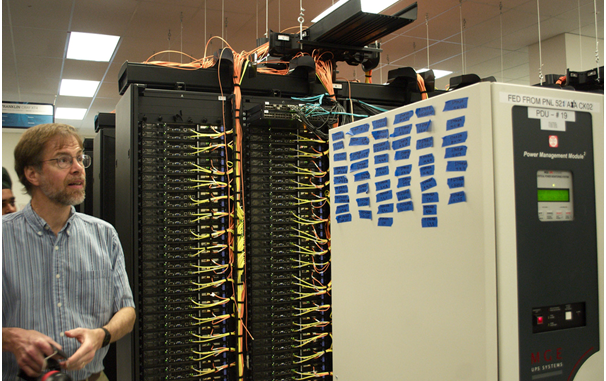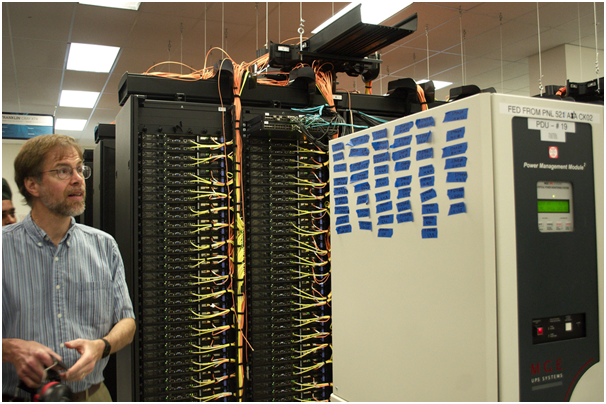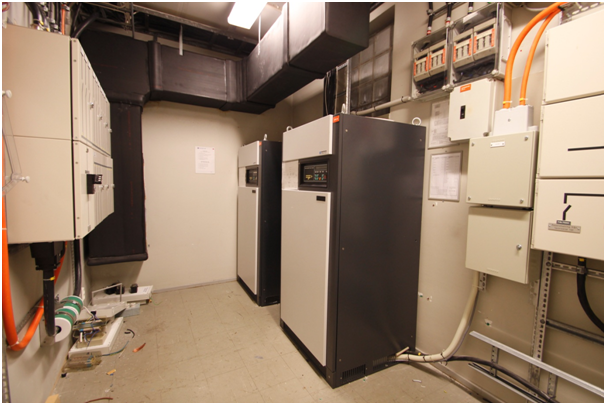
Like any other part of your business’s emergency systems, be it sprinklers or emergency generators, UPS systems need regular testing and maintenance to ensure that they will be properly working when they are needed. In order, then, to keep your business from suffering data loss or potential system failures in the event of power fluctuations, you need to keep your UPS systems in full working order. But how do you accomplish that?

Keep to planned testing and maintenance schedules
Like any other electrical or mechanical systems, UPS systems need regular testing and servicing to ensure that they are working properly, and not degrading too rapidly. While most will recognise the batteries as a component which needs to be regularly tested and replaced in UPS systems, which is, of course, correct, they aren’t the only part of a UPS which needs regular testing and maintenance.
Capacitors in UPS systems can degrade over time, and their failure can cause the entire system to fail. Less critical components, such as fans and cooling systems, can fail as well, which will contribute to the failure of other components, by allowing them to operate outside of their safe temperature ranges.
Conducting testing in-house, or taking out a service contract from an Eaton UPS specialist like http://www.cppsales.com/, will help identify points of failure early to keep systems operating properly.

Factors that reduce UPS performance
When conducting testing, there are some factors to pay close attention to when evaluating UPS performance.
First, is a phenomenon called battery memory, or voltage depression. Over time, batteries which are discharged and recharged lose functional capacity, eventually not holding enough charge to be useful – http://batteryuniversity.com/learn/archive/memory_myth_or_fact. While battery memory will never cause a battery to fail catastrophically, it will reduce the usefulness of your UPS system, and system capacity should be evaluated through impedance testing during your routine maintenance.
Second, is operating temperature, which can be contributed to by other component failures or environmental factors. Typical UPS batteries are valve-regulated lead acid batteries, or VRLA batteries, which have a very small ideal operating window of between 19 and 22 degrees Celsius, operation outside of which will reduce their lifespan.
There are many points of failure in complex systems like a UPS, but through regular testing and maintenance, potential failures can be fixed early, and your system can keep operating as it should.